The Power of ‘Me Too’
J.M. Phillippe
One of the most powerful feelings in the world is that moment when you realize that something you thought just happened to you, that only you understood or experienced (often with fear and/or shame), also happened to someone you know. Somehow sharing the experience changes how you feel about it. It shifts the burden from you to some universal truth — this is a thing that happens to people, not just me.
It needs to not just be “me” in order to take away some of the shame. To that end I often self-disclose with my clients that I also suffer from depression. Me, too. So when I talk about how its the little things — the laundry, recycling, dishes, and trash piling up; the constant need for distraction and inability to focus on anything; the sleeping binges and insomniac binges; the appetite that refuses to stay consistent — they nod their heads. Oh yeah, that happens to me, too.
On social media, there is a trend happening right now of women saying “me too.” It is a way for them to share that they have also experienced sexual harassment and/or assault, to show how common the problem is (and is a throwback to #yesallwomen, popularized in 2014 as a response to #NotAllMen). But for me at least, it is having a secondary effect of showing me just how not alone I have been in my own experiences. It is showing me that whatever I have gone through, someone else has gone through something similar, and that means I can feel a little less ashamed about my own experiences, a little less convinced I somehow did something wrong, inadvertently “asked for it” in some way, or had something specifically wrong with me that invited other people’s bad behavior. Instead, I can see more directly how the culture at large is to blame, how systemic the issue is, how real rape culture (and the way it contributes to mass harassment) is.
For me, the power of “me too” in this instance is that it helps me continue to chip away at the shame I have had about my body since I was a little girl and was “made to feel funny” by adult men paying too much of the wrong kind of attention to me. My body was remarked on, my looks analyzed, my freedom curtailed because my very femaleness meant I would forever be a target. Pretty little girls don’t get to go play outside by themselves. I was taught that a healthy amount of fear would keep me safe. It didn’t. I was taught that a certain amount of modesty would keep me safe. It didn’t. I was taught that not wrestling with the boys would keep me safe. Not only did that not help, eventually learning self defense by “wrestling with the boys” was the only thing that did help me feel safer as an adult.
Every “me too” I saw on my timeline made me feel a combination of sad — and relieved. I wish the problem wasn’t so prevalent. But at the same time, I feel reassured that this was never just about me but about all girls and women. This was never just my problem — it was all of ours.
And I feel better still after reading wonderful messages of support from my male friends. A secondary trend of posting “yes I have” has popped up, with men sharing their own stories of giving in to rape culture and being complicit in the behavior of others, or participating in that behavior themselves. Their confessions and heartfelt apologies mean the world to me, because they come with a pledge to do better. It’s another version of “me too” that carries the same kind of power — we have all done things we are ashamed of. The first step is recognizing the problem. Together, we have a chance of changing things.

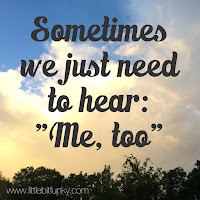
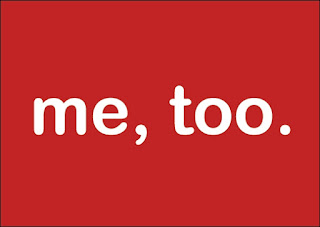
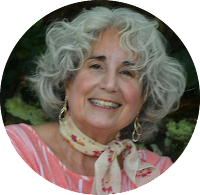
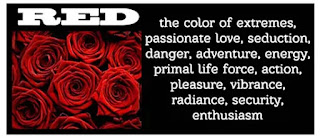
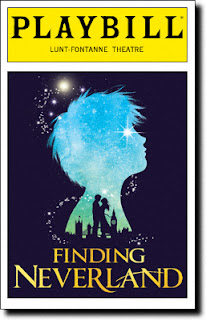
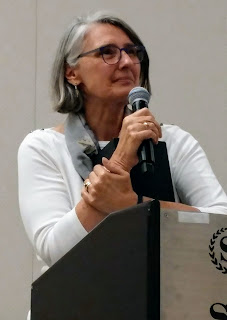
Great post, JM! Let's hope that this campaign has been as eye-opening and life-changing for men as it has for women.
Wowee JM! I read your post and thought how similar you and I are and how we think. It has been a long strange trip, but having sisters like you beside me makes me stronger everyday. Ajua!